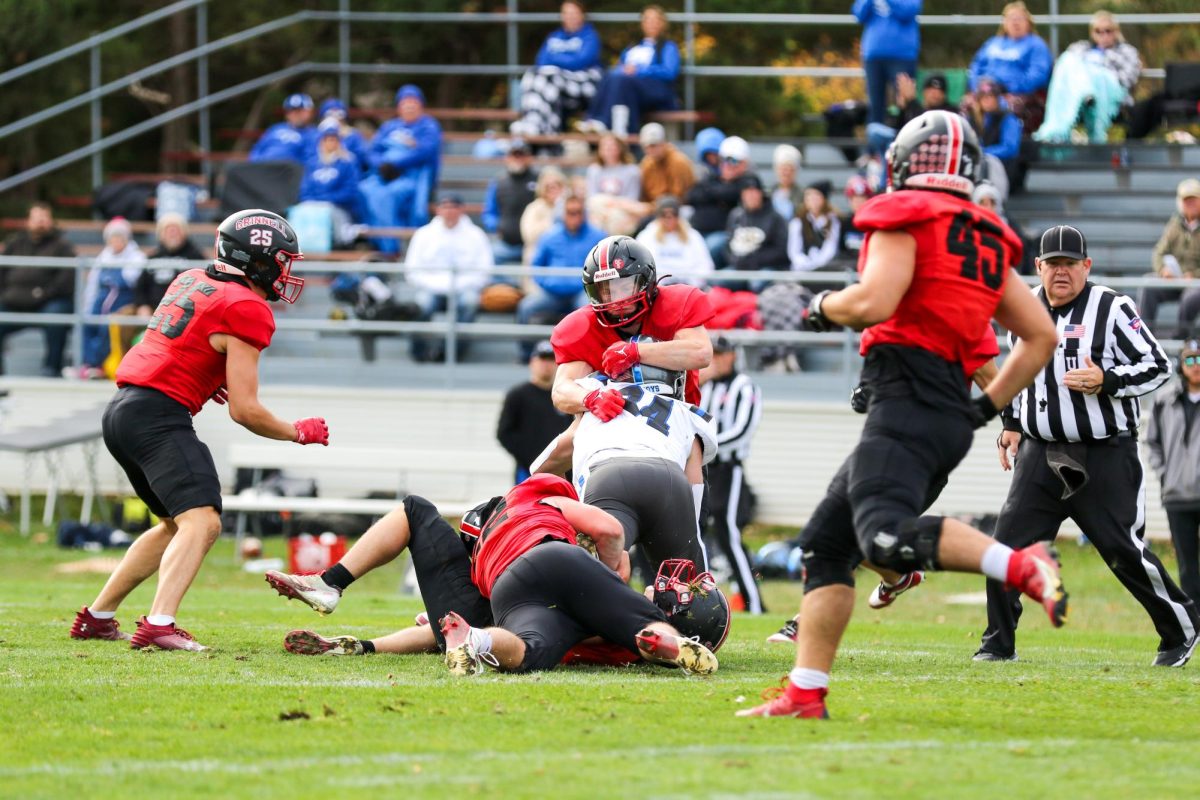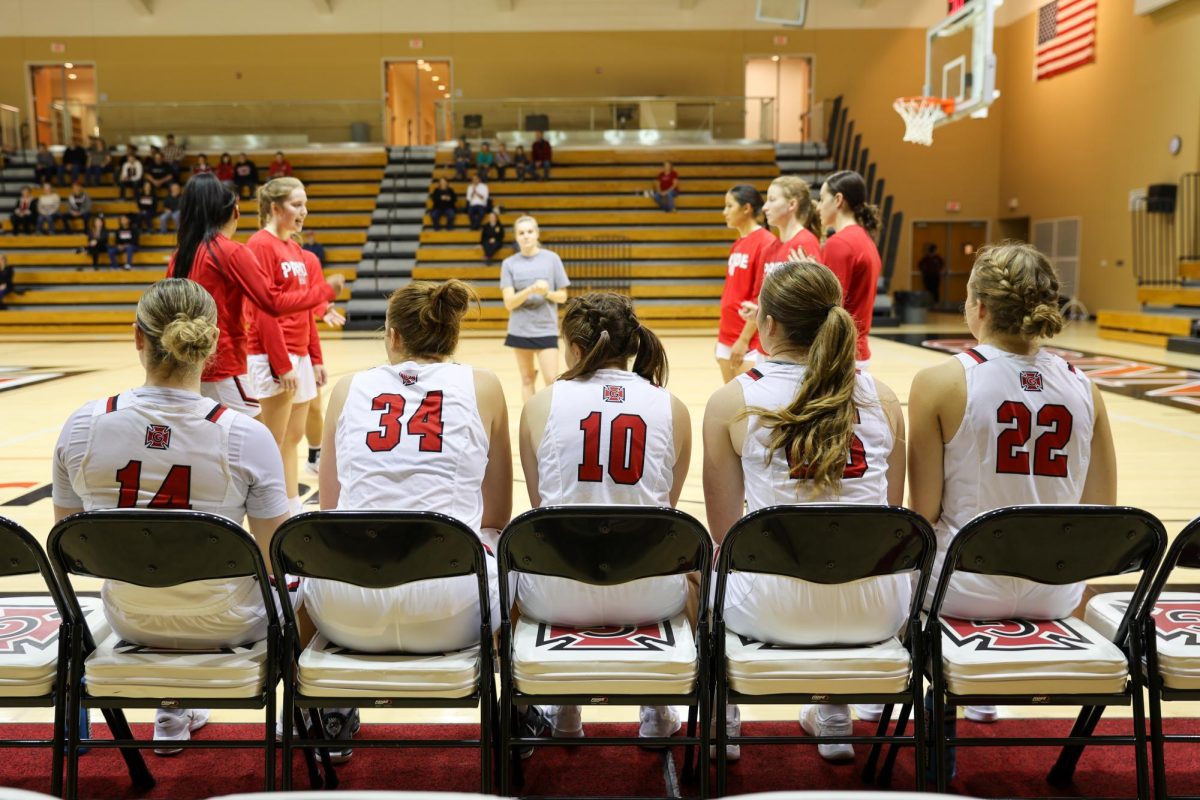
Last Monday, Oct. 23, sports journalist Jemele Hill returned to work after serving a two-week suspension for a second violation of ESPN’s social media policy.
Her suspension –— which was announced on Oct. 9 — came on the heels of messages she posted to her personal Twitter account in which she urged fans to boycott the advertisers associated with the Dallas Cowboys and team owner/president Jerry Jones. Hill’s tweets appeared to refer to Jones’ assertion that he would no longer allow his players to kneel during the national anthem before games.
Hill was previously in hot water with her employer over a series of tweets she posted on Sept. 9, in which she referred to President Donald Trump as a white supremacist who has “surrounded himself with other white supremacists,” and whose rise to power was the “direct result of white supremacy.”
Although these original tweets did not lead to public punishment for Hill, her sentiments were widely decried, most notably by the president himself and his press secretary, Sarah Huckabee Sanders, who argued that Hill’s comments warranted termination from her job at ESPN.
Compounding the outrage over Hill’s comments was ESPN’s long history of suspending some of their on-air and in-print talent for various controversial statements, while seemingly letting other employees off scot-free.
It doesn’t take much digging to uncover ESPN’s long history of suspending employees for saying or doing something with which the network does not wish to affiliate itself.
So why then is Hill’s case drawing so much attention?
We should begin with the obvious: Jemele Hill is a Black woman on television. Because she works in an industry historically dominated by white males, her gender and racial identity mean that her actions and her work are under an extra level of scrutiny. As such, it would be illogical to argue that the backlash against Hill and her commentary has nothing to do with racism or sexism, which is what many have posited. However, it would it be equally illogical, even irresponsible, to argue that these societal ills are the sole, even main reason as to why she was suspended.
Although the exact details of Hill’s contract with ESPN are private, the company itself has consistently asserted that its employees must “avoid personal attacks and inflammatory rhetoric” and “refrain from overt partisanship.” Whether one agrees with these views or not, that is their policy, and, as a private company, it is their right to suspend Hill for actions which clearly do violate their code of conduct.
Regardless of the relative truthfulness of Hill’s words, the fact that she chose to share them is problematic given the way that her employer has historically viewed the sports media landscape — that is, as an apolitical, nonpartisan space.
But, as often happens, with consecration comes degradation. The more sacred a space is, the more often it comes under attack. Thus, further complicating the role of sports journalism today is the influence of a president who has a contemptuous relationship with the media, as well as the opinion of the everyday fan who views sports as an escape from the political and social turmoil of the country. Both of these issues are important to contextualize within the conversation about Hill’s suspension.
As long as he has been in the limelight, President Donald Trump has had a habit of using his Twitter account to support or defame local and national businesses. The fact that the President of the United States can advocate for a boycott of Apple products — which Trump did in 2016—– while a sports journalist gets punished for doing essentially the same thing, is maddeningly hypocritical. It begs the question as to whether it’s fair to ask ESPN employees like Jemele Hill to “stick to sports” in a world in which the lines between sports and politics are becoming increasingly blurred.
This “stick to sports” narrative, which is quite pervasive amongst the biggest sports media companies in the United States, is not born out of ignorance, but rather out of comfort. The romantic notion that sports are protected spaces, life rafts in a sea of vitriol, rhetoric and injustice, has been heavily emphasized both for monetary purposes (because, in the famous words of Michael Jordan, “Republicans buy sneakers too”) as well as because it is what is easiest for fans to digest.
When we are watching world class athletes perform at the peak of their powers, rooting for teams and cities which represent connections to our families and communities, do we want to be constantly thinking about a political climate that is typified by chasms of division and nasty dialogue?
In this sense, Jemele Hill’s comments and suspension are problematic not because she is calling out the president, nor because they are evidence of a systematic “liberal bias” or policies of racial discrimination at ESPN. Rather, they are problematic because they force us to confront the fact that sports are inherently political.
Since their inception, sports have created a culture of insiders and outsiders, which, although potentially transcended by transcendent talents, has typically restricted the access and mobility of minorities in this country.
For example, Bill Russell is famous for winning 11 titles with the Boston Celtics in the 1950s and 60s, but how often is the fact that he faced systematic racism and discrimination, even from fans within his own city, discussed? Furthermore, the U.S. Women’s National Soccer team is celebrated for its massive success on the world stage, but with that success comes no financial reward, which brings up conversations of wage discrimination that continue to impact women well beyond the soccer field.
Although the sheer presence of minorities in major American sports is undeniable, how many minorities do we see at the managerial and front office level? Physical appearance may not matter when it comes to scoring touchdowns, but it clearly still does when it comes to handling the cash, dotting the i‘s and crossing the t‘s, and getting a seat in the board room.
Sports are microcosmic examples of greater societal issues that dominate the headlines and the Twitter feeds of the ordinary citizen.
In the current political climate, policies based upon subjectivity are nearly impossible to enforce, and so, it may take time for someone like Jemele Hill, who wants to speak her truth, to be given a platform with the adequate regulatory mechanisms in place.
But as the dust settles and the conversation once again turns to something related to Trump or police violence or gun control, it’s important to remember that the underlying, universal narrative at play is that sports media needs to “stick to sports.”
And it’s even more important to remember that this is an impossible task.

























































